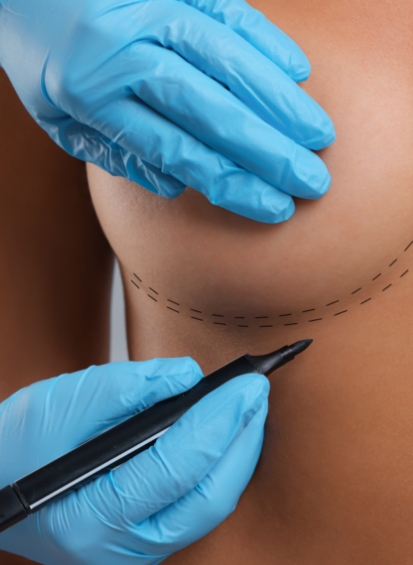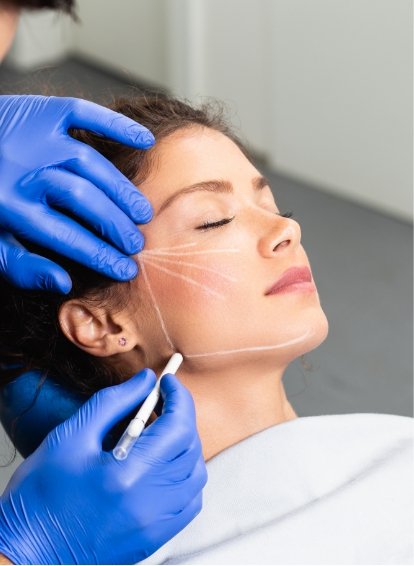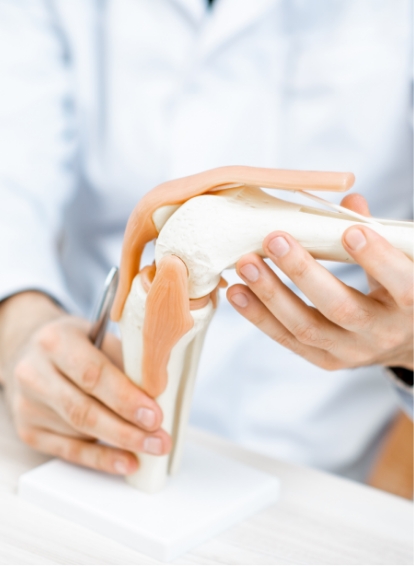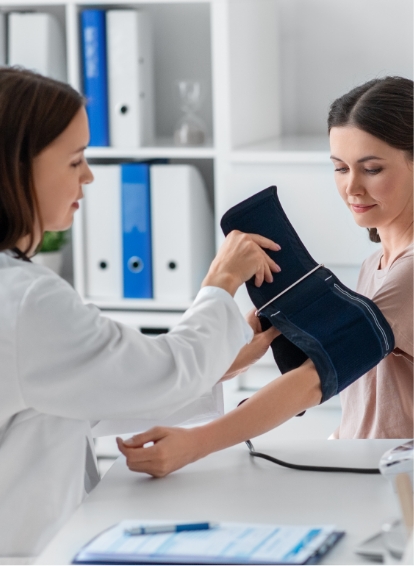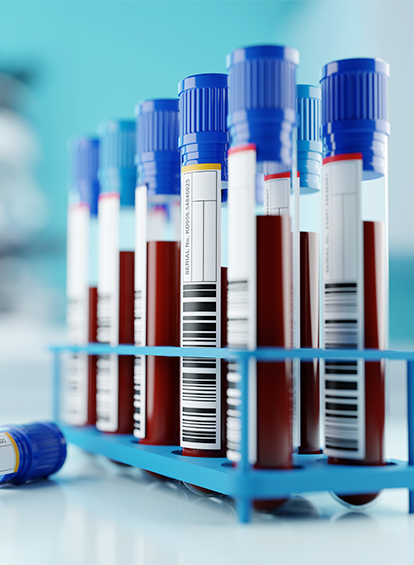Sports Medicine & Non-Surgical Orthopaedic Treatments
Chronic Tendon Pain
Chronic tendon pain, often referred to as tendinopathy, is a persistent condition where the tendons — thick, fibrous tissues connecting muscles to bones — become painful and inflamed. This type of pain can develop over time due to repetitive strain, injury, or age-related wear, and it commonly affects areas such as the elbow, knee, shoulder, and Achilles tendon.
At The Clinica, our Sports Medicine and Minimally Invasive Orthopaedic Consultant is dedicated to providing targeted treatments that reduce pain and restore tendon function, helping patients regain mobility and enjoy a better quality of life. Chronic tendon pain can be challenging, but with expert care, it’s possible to achieve long-term relief.
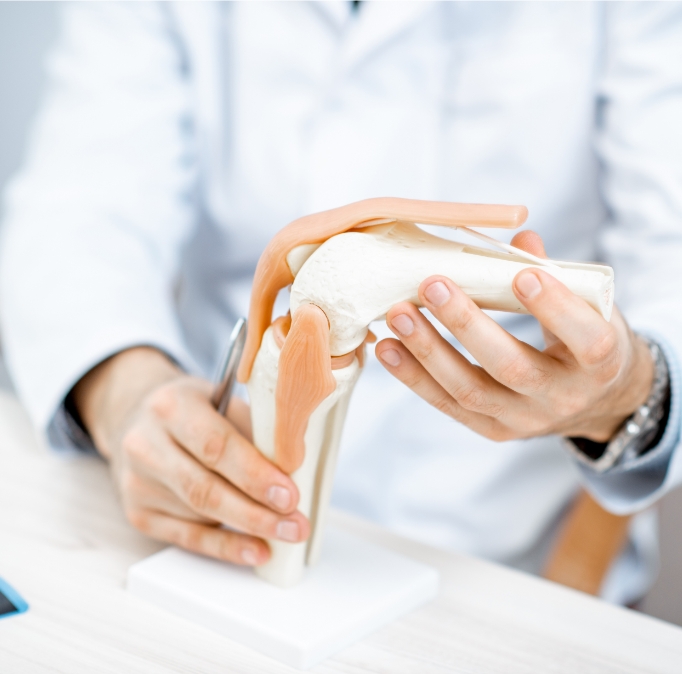
What is it?
Chronic tendon pain, or tendinopathy, differs from acute tendon injuries as it develops gradually and persists over an extended period of time. Unlike tendinitis, which involves short-term inflammation, tendinopathy is a degenerative condition that often arises from repetitive overuse, leading to microscopic tears within the tendon fibres. These tears, when left untreated, can accumulate and cause the tendon to weaken and become painful during movement or even at rest.
This condition can affect various tendons throughout the body, but it is particularly common in areas under frequent stress, such as the elbow (commonly known as tennis or golfer’s elbow), shoulder, Achilles tendon, and knee (patellar tendinopathy). Patients with chronic tendon pain may experience symptoms like stiffness, tenderness, and weakness in the affected area, making routine activities challenging.
While many people experience mild tendon discomfort occasionally, chronic tendon pain signifies ongoing, unresolved damage within the tendon. Left untreated, this condition can become increasingly difficult to manage, leading to decreased mobility, persistent pain, and a risk of further injury.
Book an appointment
If you are new to The Clinica or have not yet begun treatment with Dr. Williams for this condition, please note that an Initial Sports Consultation must be booked before proceeding with any specific service or treatment plan.
Additional Information

Causes of the Condition
Chronic tendon pain is often caused by repetitive strain on the tendon, which can be due to sports, occupational activities, or lifestyle habits that generate repeated stress on certain joints and tendons. For example, individuals who engage in activities requiring repetitive arm or leg movements—such as tennis, running, or manual labour—are at higher risk of developing tendinopathy. The constant strain placed on the tendon fibres can cause them to fray and lose elasticity, resulting in pain and stiffness.
Age is another factor, as tendons lose their flexibility and strength over time, making them more prone to injury and degeneration. Other contributors include improper training techniques, inadequate warm-up routines, and, in some cases, genetic predispositions that affect tendon resilience.
Tests that Can Be Done to Confirm the Condition
To diagnose chronic tendon pain accurately, a physical examination and medical history review are essential. The clinician will assess the affected area for signs of tenderness, swelling, or limited movement. Imaging tests, such as ultrasound and MRI, are often recommended to provide a detailed view of the tendon structure and identify any signs of degeneration, inflammation, or tears.
Ultrasound is particularly useful in detecting tendon abnormalities, as it allows for real-time imaging while the patient moves the affected joint. MRI scans provide a clearer picture of soft tissue damage, helping to rule out other possible causes of pain and confirm the extent of tendinopathy. In some cases, additional tests, like blood work, may be recommended to exclude underlying inflammatory conditions that could exacerbate tendon damage.
Effective Treatments
Effective treatment for chronic tendon pain typically involves a combination of rest, targeted therapies, and progressive rehabilitation. Resting the affected area is crucial to prevent further injury and allow initial healing to begin. Activity modification, such as avoiding high-impact movements, is also recommended to prevent exacerbating the condition.
Non-surgical therapies, including shockwave therapy and platelet-rich plasma (PRP) injections, are highly effective in treating chronic tendon pain. Shockwave therapy involves delivering high-energy sound waves to the affected tendon, stimulating tissue repair and reducing pain. PRP injections utilise the patient’s blood to enhance natural healing by delivering concentrated growth factors directly to the damaged tendon.
Physical therapy is an integral part of treatment, focusing on strengthening and stretching exercises tailored to restore tendon function and prevent future injuries. In cases where non-surgical treatments are insufficient, minimally invasive surgical options may be considered.
Book an Appointment for an Initial Consultation
Booking an initial consultation at The Clinica is the first step towards diagnosing and treating chronic tendon pain. During this consultation, our specialist will conduct a thorough assessment, discuss your symptoms, and review your medical history to understand the nature of your pain. This appointment allows us to identify potential contributing factors, evaluate tendon health, and formulate a personalised treatment plan.
The consultation may include a physical examination and a discussion about your lifestyle and activity levels, providing insight into potential causes of your condition. If necessary, imaging tests such as ultrasound or MRI scans will be arranged to ensure an accurate diagnosis. Our goal is to offer a comprehensive understanding of your condition and outline effective treatment options tailored to your needs.
Frequently Asked Questions
Recovery times vary depending on the severity of the tendinopathy and the chosen treatment. Many patients experience improvement within a few months of treatment, though some may need longer for full recovery.
While rest can alleviate symptoms, untreated chronic tendon pain may worsen over time due to ongoing degeneration within the tendon. Professional treatment is often necessary to prevent further damage and achieve lasting relief.
PRP injections are generally safe, as they use the patient’s own blood. Mild soreness at the injection site is common, but serious side effects are rare. Dr. Rogers will discuss any potential risks with you.
Strengthening exercises, activity modification, and proper warm-up routines can help prevent recurrence. Following your personalised rehabilitation plan and practising good body mechanics are essential.
Surgery is typically a last resort for chronic tendon pain and is only recommended when non-surgical treatments have not provided relief. The majority of patients improve with conservative treatments like physical therapy, shockwave therapy, and PRP injections.
Specialised Clinics
General Enquiries
Please send your enquiry to us and our Practice Manager will be in touch shortly. Alternatively, if you would rather speak to us or your enquiry requires our urgent attention, please call us on 01344 946363.

